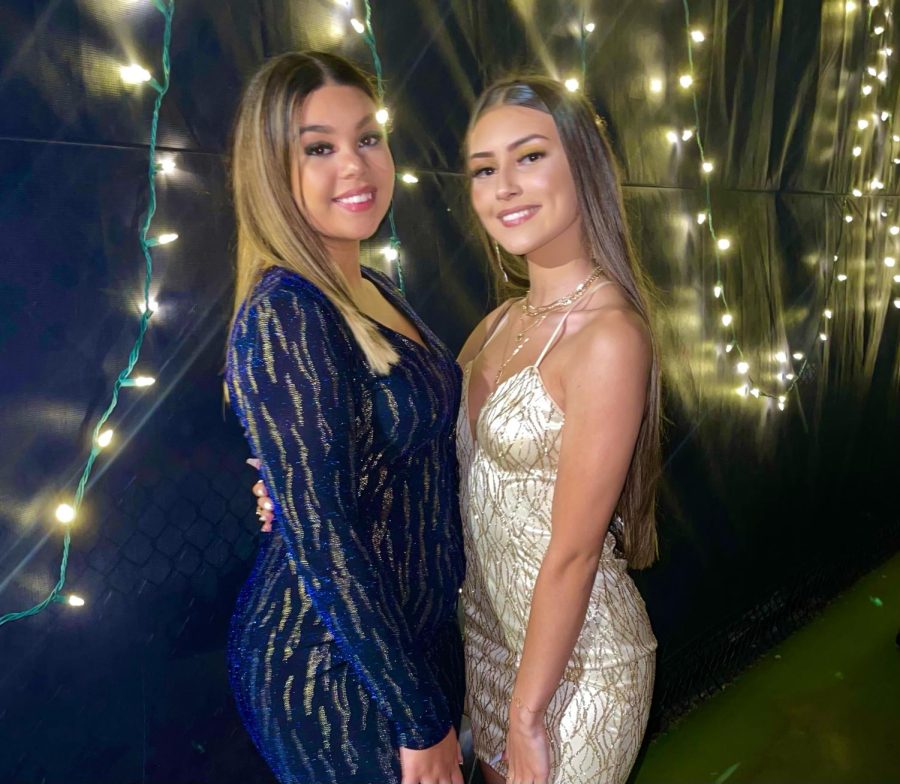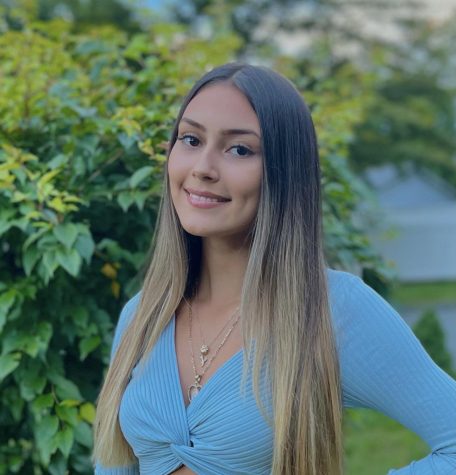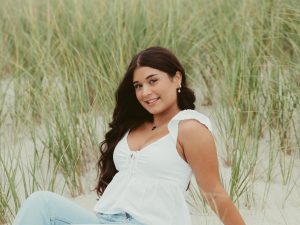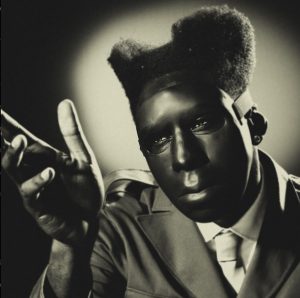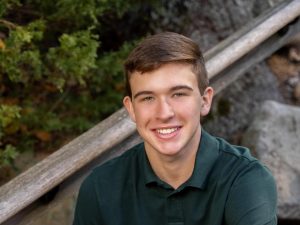How Stereotypes about the Latino Community Lead to Racism: Part 2
January 10, 2022
After publishing my previous article titled “How Stereotypes about the Latino Community Lead to Racism”, I received multiple emails from students of color sharing their stories in respect to growing up in Westborough. As you may guess, all of these students shared similar sentiments. I’ve included a couple of their responses below.
“I read your article and wanted to share my own story. I was born and half raised in the city of São Paulo, Brazil for 6 years: I’m a latino. My parents always had the American dream of coming to America and getting all the money in the world. Because of that they always denied any oppression, they truly believed that this country had equality. They realized they were wrong a few years later. Immediately when Trump became president I got looked at with side eyes, told to go back to my country, and called an illegal immigrant when I was about to become a citizen. It was degrading, disgusting; and my parents said I should act more American to gain their acceptance. I was assimilated without knowing because of how Americans treated me. I found acceptance in some people, but nonetheless the microaggressions stayed there. They say things like “How are you in English level 4?” as if they can’t believe it, or “Let me write it” as if I don’t know English. It’s frustrating, and teachers and faculty don’t pick up on it. All of Westborough uses the diversity we have to prove–there’s no oppression, which means nothing. Recently I’ve had a resurgence in wanting to be as Brazilian as possible again, and I realized how unjust all these things are. I stand by everything you said in your article; thanks for representing us latinos well.” — Julio Varella ‘23
My follow-up:
I definitely agree that when Trump became president, treatment from students and staff changed. I can relate. During the beginning of this (2016-2017), I spent July 4th at the beach with my cousins and brothers. I was still young, around 12-13 years old. I was doing absolutely nothing, just simply existing, and as we were walking, a white woman looked at us and said, “UGH illegal sp*cs disgust me.” She said this in front of her young daughter. At the time, I didn’t fully comprehend what had happened that day. I was still too young and immature to understand the hatred that woman had for our race. Months and years went on, and I slowly began to understand that even though I was born here, some white Americans will never view me as one of them.
“Growing up in Westborough made me want to hide being hispanic. Being surrounded by white American females and not having a lot of girls who had the same features I had, made me feel as though I was the odd one. I felt as though my race was weird. I felt as though my people were weird. I was insecure about my features, and so I would shave my arms so that girls wouldn’t comment on them. Like many other students of color in Westborough, I wanted to be white. So I could look like all the girls around me. I hated my dark brown eyes because ‘they weren’t it like blue eyes were’, and I hated my dark brown hair because ‘it wasn’t it like blonde hair was.’ All the ‘popular girls’ were white. None of them identified as a POC (people of color). None of them shared similar features as me. All the boys liked were white American girls as well. You don’t really ever see a white male at our school with a girl who identifies as POC. POC isn’t seen as beauty in Westborough. It’s actually the opposite. But as I’ve gotten older, I’ve understood that my people ARE beautiful”. — Maricarmen Escobar ‘25
My follow-up:
When I was younger, I was also embarrassed of my race, my culture, our language, and our customs. It was something I wasn’t proud of at school. The constant microaggressions POC students face in our community is depressing and can really damage a young child. And in all honesty the majority of white Americans at our school sometimes don’t even notice when they make such comments. It’s how they grew up. The sad truth is: every kid wants to fit in and have friends, so you put up with the microaggressions.
Conclusion:
Recently, with the racist graffiti incidents on our school walls, conversations have begun to happen in classrooms and among students. In one of my classes, a white American questioned why we were even discussing the racist graffiti because it is quote “unimportant and doesn’t affect us.”
My response is this: If we don’t hold conversations about these incidents and just let them slide, we as a community are saying that these actions are acceptable and this is who we are. Also, the ignorance to say “this doesn’t affect us” is so concerning. Maybe you don’t see or feel it firsthand because you identify as white, but the reality is this is how people of color live every day at WHS.

